Curiosity is the first sign of being a scientist. As kids grow and learn they begin to ask abstract questions about what they see and hear without following any process. While growing up, scientific processes also become crucial at certain times. Scientific process is not just useful in science, but in any situation that requires critical thinking. Science process skills include observing qualities, measuring quantities, sorting/classifying, inferring, predicting, experimenting, and communicating.
These scientific skills can be taught by using the scientific method.
The four steps of the scientific method are to make observations, make a hypothesis, test your hypothesis, and make a conclusion. Each step of the scientific method may also include other science skills like interpreting data while forming a conclusion, or controlling variables while testing a hypothesis.
These skills are best taught through hands-on activity: activities, experiments, and projects. The skills at the top of the list are the easiest to master and can be introduced to young children through nature studies. These skills can be enhanced by gradually exposing students to a challenging skill set by using successively progressing towards difficult experiments over time.
While not all skills may be taught at once, a good science lesson will incorporate several of these skills. As science facilitators, we always strive to design tasks that involve concrete or familiar materials compared to material that is more complex or abstract. We start with the process of observation and move towards predicting a result, interpreting what happened, and then forming a conclusion. These skills can be reinforced on a regular basis by making a scientist out of any learner.
In MYP2, students were required to design an investigation on the bouncing balls. In this unprecedented situation of Covid-19, irrespective of limited resources available, the students went ahead in designing their activity, followed by collection of data and drawing conclusions ,as expected in the physical classroom which was heart touching.
Below mentioned are some of the student reflections:
- We learned how to find data in an organised way and we learned to design a given activity. It was so much fun to do it, it feels like being in a physical class. -Shammita (MYP2)
- This experiment was fun, and it was also fun seeing how the bounces increased the higher I held the ball. I understood that the higher something is, the more the ball bounces. I liked this experiment because we used the time by having fun and also gaining knowledge. -Nayonika (MYP 2)
It is truly said the sky has no limits, if there is a passion to learn, no condition can stop our geckos from moving ahead in life.
Some highlights:
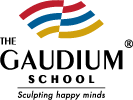

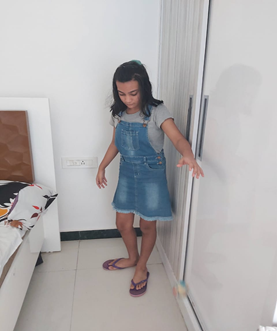
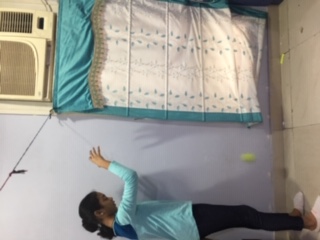

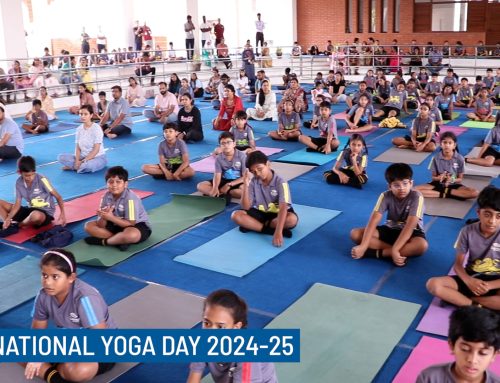
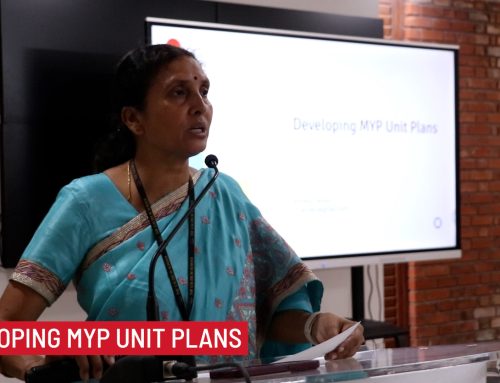
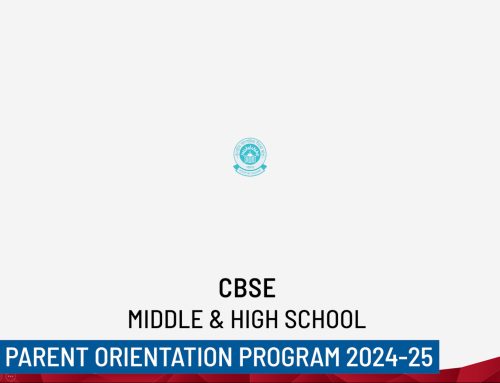
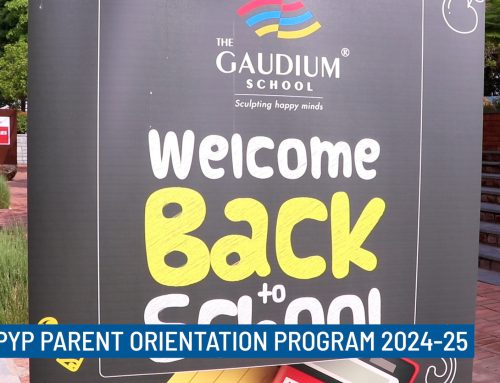
Leave A Comment